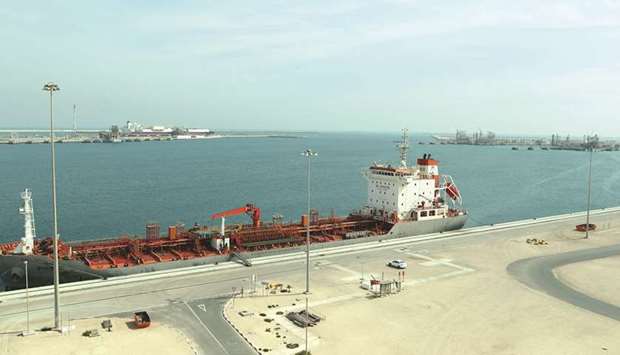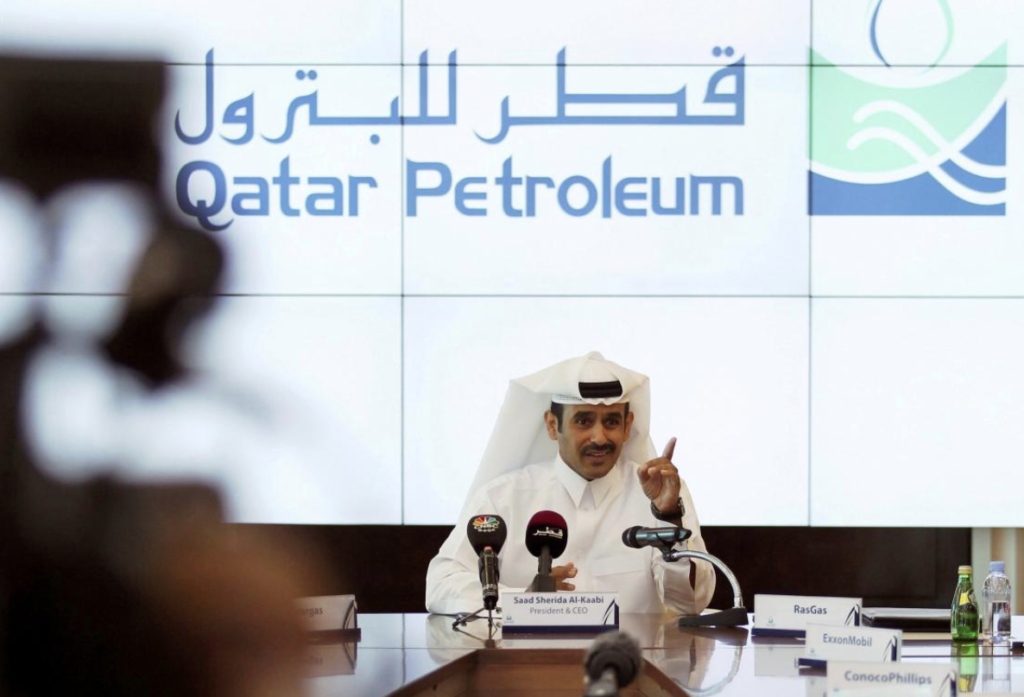Qatar maintains global LNG lead

One of the key targets of the siege countries was Qatar’s vibrant and resource-rich hydrocarbons industry. The economic blockade was basically aimed at interrupting Qatar’s export of oil, gas and petrochemicals in all ways possible.
Qatar Petroleum (QP) and its group companies immediately managed to absorb the initial impact of those measures, and were able to continue operating and export normally without any disruption across all its oil and gas facilities.
Qatar’s announcement of its offshore North Field expansion has been well-received by the global energy industry, whose major players see great opportunities in partnering with QP on the largest single non-associated gas field in the world.
Qatar’s plan is to develop an export-oriented gas project in the North Field. Qatargas has been entrusted with executing this mega-project on behalf of QP.
The expansion of Qatar’s LNG production from the North Field is an important landmark in QP’s strategic growth plan and objectives of becoming one of the best national oil and gas companies in the world.
QP has already selected Japan’s Chiyoda Corp to execute the Front End Engineering and Design (FEED) of the onshore facilities of the North Field expansion project.
The facilities will produce an additional 23mn tonnes per year (tpy) of liquefied natural gas (LNG), which will raise Qatar’s production from 77mn tpy to 100mn tpy.
QP president and CEO Saad Sherida al-Kaabi said earlier that “the expansion of Qatar’s LNG production from the North Field is an important landmark in Qatar Petroleum’s strategic growth plan and objectives of becoming one of the best national oil & gas companies in the world.
“We are continuing discussions with potential international joint venture partners for this strategic project to determine an optimised arrangement with the objective of delivering maximum value to the State of Qatar and contribute to the optimal utilisation of Qatar’s natural resources.”
Another major project announced by QP recently was the development and operation of a new world scale petrochemicals complex at the Ras Laffan Industrial City.
The petrochemicals complex will include an ethane cracker with a capacity of more than 1.6mn tpy of ethylene, making it the “largest ethane cracker” in the Middle East, and one of the largest in the world.
The petrochemicals complex will also include world-class derivative plants, which will consolidate Qatar’s position among the leading petrochemicals producers in the world markets.
The engineering design of the petrochemicals complex should commence shortly, leading to a planned start-up in 2025.
QP has invited a group of leading international companies, with extensive experiences in the petrochemicals industry, to submit proposals for partnering with it in the development and operation of the new world scale petrochemicals complex.
The feedstock for the petrochemical complex will be ethane produced primarily from the new North Field LNG expansion project that will produce an additional 23mn tpy of LNG, as well as from existing gas projects producing ethane.
On the project, Qatar Petroleum President and CEO Saad Sherida al-Kaabi said, “This development is a first step towards the launch of a new world scale Petrochemicals Complex at Ras Laffan, marking another important milestone for Qatar Petroleum.”
Al-Kaabi added: “Petrochemicals represent a major pillar of our growth strategy to achieve our vision of becoming one of the best national oil companies in the world. This project will complement our efforts to implement our strategy, and will enable Qatar Petroleum to further expand its footprint in the global petrochemicals markets.”
